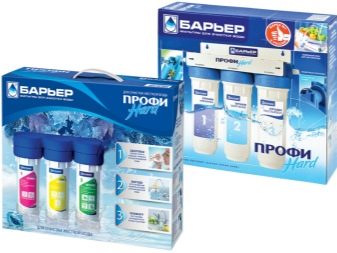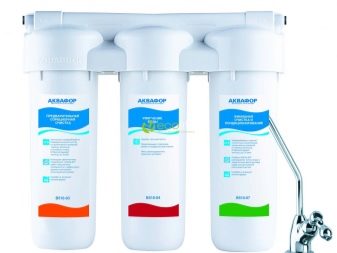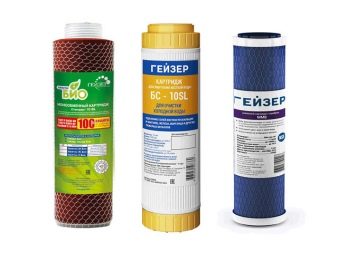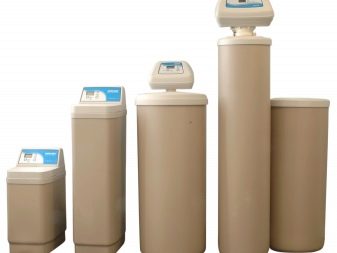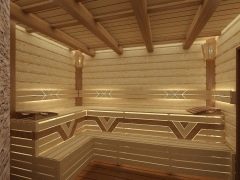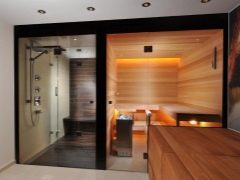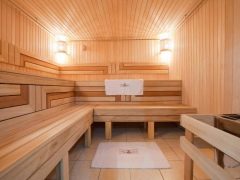Softening and Water Purifying Filters
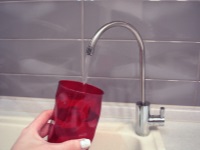
High water hardness can be a serious problem for owners of a country house or cottage, as well as for many city dwellers. It can be solved with the help of special filters that are able to clean water from excess salts, as a result of which it becomes softer.
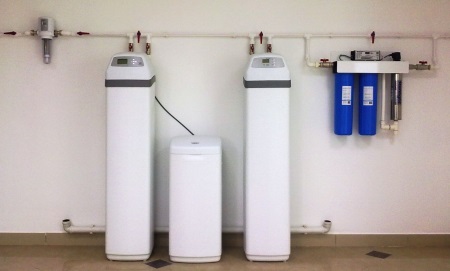
Water hardness grades
One determines how hard water is by the amount of calcium and magnesium salts it contains. Once their concentration is detected, the water can be called
- Soft. Such water comes from deep artesian wells.
- Medium. This is the kind of water often found in the city water supply.
- Hard.
- Extra hard water.

The purpose of .
The main purpose of water softening filters is to remove substances from the water, which cause its increased rigidity.
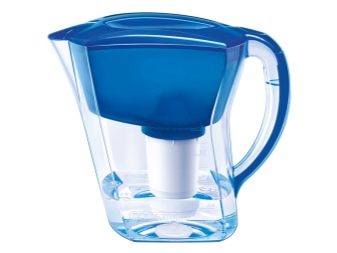
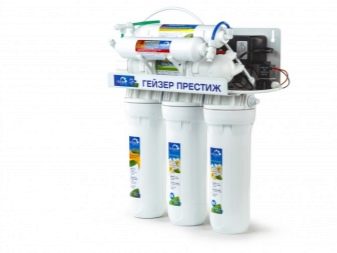
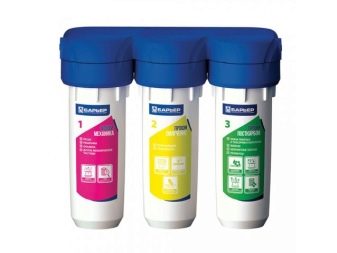

Working principle
Water softening filters either remove calcium and magnesium salts from hard water, or change their form. Most often such devices replace magnesium and calcium cations with an equivalent amount of sodium salts. There are also filters that affect water with electromagnetic waves, magnetic fields or ultrasound.
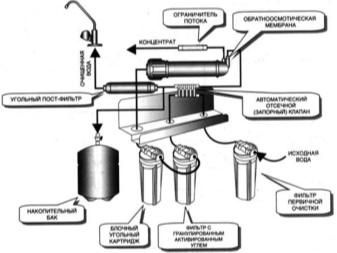
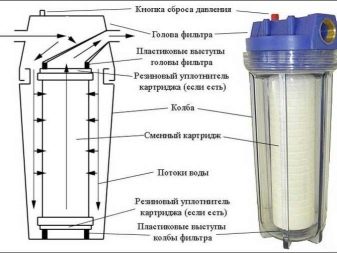
There are models that purify water with the help of membranes.
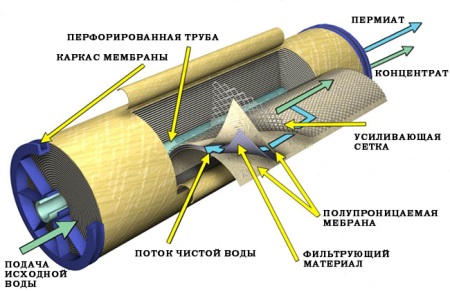
What is the danger of too hard water?
Too hard water harms both the plumbing equipment and human health. Because of it:
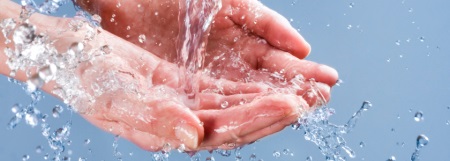
- Kidney stones begin to build up.
- Spending more soap and other detergents.
- Salts build up in the joints.
- Clothing life is shortened.
- It is difficult to wash and comb hair.
- The taste of cooked food changes.
- Valves break.
- Clogged pipes.
- Limescale is deposited on tiles and fixtures.
- Gaskets in bathroom fixtures are damaged.
- White stains are left on dishes after washing.
- Scale is deposited on heating elements, which affects their performance and often ends in failure.
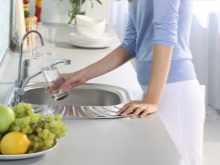

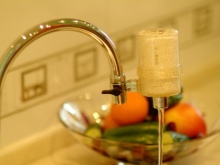
Types
All filters that can soften water are divided into:
- Ion-exchangers. They replace magnesium and calcium ions with harmless sodium ions for people and appliances. Such filters are represented by household pitchers with replaceable cartridges and trunk devices installed on the pipe through which water flows into the apartment or house.
- Electromagnetic. They have a built-in processor to create electromagnetic waves that change the shape of salt crystals in hard water.
- Reverse osmosis devices. In such filters, water is purified with the help of a fine membrane that retains both molecules and ions of impurities, so they are also called membrane.
- Magnetic. This type of filter has a constant magnetic field acting on the water.
- Ultrasonic. These filters purify water through ultrasound.
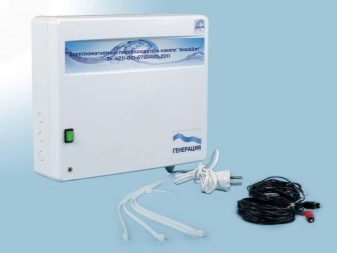

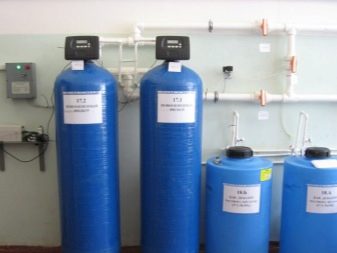
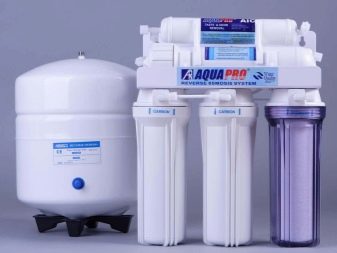
Backbone filters for an apartment or a small house
The most common as mainline filters for the house or apartment use devices with ion-exchange action with a capacity of 200 to 800 liters.
Such filters are easy to use, purify water well, have a low noise level and do not need to be replaced. However, their full operation requires the installation of tanks for regeneration processes, as well as the use of salt solutions with high concentration. In addition, it is necessary to regularly flush the reagents according to the manufacturer's recommended schedule.
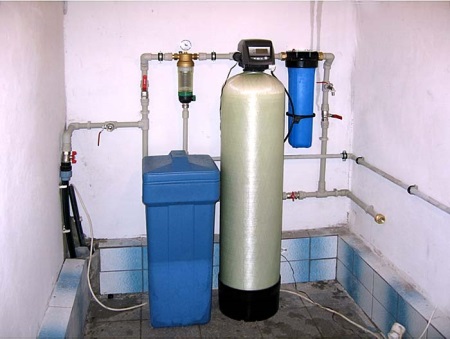
Electromagnetic softeners are no less often chosen for the home or apartment. They are popular due to the ease of use and very long life. In addition, these filters do not require changing cartridges, adding reagents or performing rinses. Another advantage of electromagnetic devices is the ability to clean pipes from the scale already formed in them.
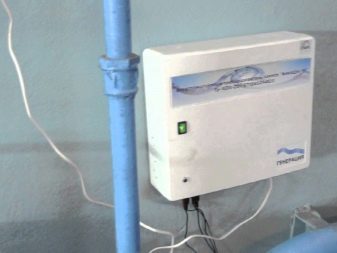
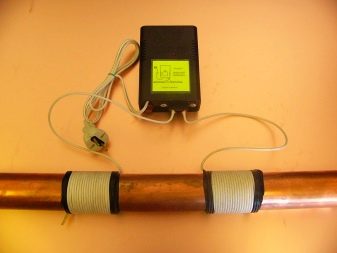
The disadvantages of this type of softeners are the need to consume electricity and the negative effect of electromagnetic radiation.
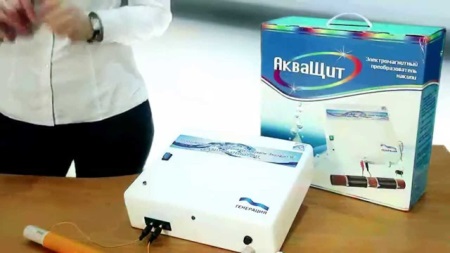
The reverse osmosis devices are good at purifying water coming into the house or apartment. However, at the same time with the delay on the membrane of harmful salts such filters remove from the water and useful ions, so the water from such filters for a long time to use for drinking and eating is not advised. In addition, the membrane in these filters is quite fragile, so the incoming water should be subjected to a preliminary coarse cleaning. In addition, the cost of such equipment is quite expensive.
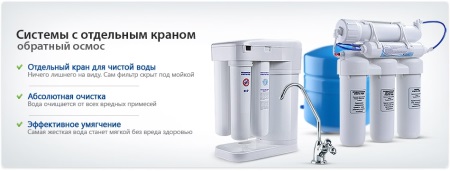
Domestic use of filters
The most common in daily use filtering devices in the form of pitchers, working on the basis of the process of ion exchange. Because of the small volume of such pitchers, they can only be used to purify drinking water, and the cartridge in such a filter must be replaced quite often (the replacement period varies from two to four months).

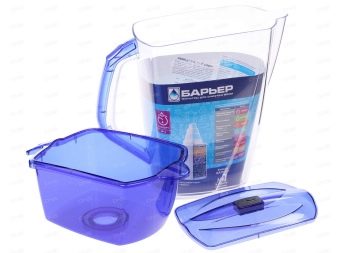
Features of water softening filters
- In order to select a suitable filter, you must first analyze the water.
- When installing the filter, it is important to provide for the technological possibility of flushing it.
- The device should function without interruption in the absence of external control.
- If the water is supplied to a house with heating equipment, the filter should be installed in front of the boiler.
- To purify water from a well for drinking and cooking, it is desirable to choose filters without polyphosphates and other reagents.
- The device should be economical in terms of energy consumption.
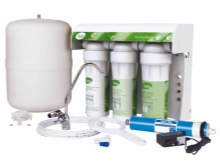
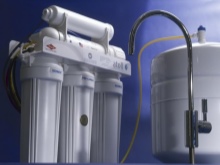
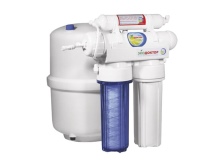
Review of models
The most common filters of the companies:
- Geyser. This manufacturer is one of the leaders in the field of water purification. Its products use a unique material Aragon bio. The company produces household filters, industrial purification systems and equipment for cottages and summer houses. Its range includes a fairly large selection of line filters, reverse osmosis devices, as well as pitcher filters and stationary filters for installation in the kitchen.
- Aquafor. The company has been producing water treatment systems since 1992, offering filters in the form of pitchers, faucet nozzles and various solutions for cottages.
- Barrier. The manufacturer has been producing household filters since 1993, offering a wide range of jug filters made of high quality German plastic, as well as three-component flow-through filters that are installed under the sink.
- Ecowater. This is a major American manufacturer of water filtration and softening devices, operating since 1925. They are easy to maintain and economical, but are fairly high priced.
